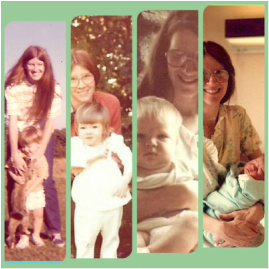 My four children when they were little.
My four children when they were little. I’d awaken in the early morning hours with scenes faded by time, and then would be guided through the corridors of my heart, where I wrestled with confounding flashbacks and elusive threads of connection. In my younger years, I had been in an unhealthy relationship and over time, I lost my sense of self. As I walked back into this experience, I felt the terror, felt the despair and my heart nearly broke. Then I realized—the tears and gasps came and went--because they could.
One story after another unfolded on paper, as sections from frayed journals and yellowed family photos came alive and spoke to me. The dramas that once controlled my life and held me captive were but ailing memories, soon to meet their demise. And as I gazed upon this human collage of struggles and apprehensions, a miracle occurred: I realized that my journey was everyone’s journey.
We all face challenges; we all struggle with adversity. Who doesn’t experience sorrow, fear or regret? And, don’t we all go through life trying to make sense of it all? When I realized the commonality of our collective quest, and saw how hardships shift our horizons, soften our hearts, and often bring us home to ourselves, I began to see the blessings inherent in life’s hurdles. And this, more than anything else, drove me to write.
The patchwork of memories that formed the outline of my book was ultimately given new life by the collective story of our human quest for the one Perfect Love. This is why walking through our past is a journey of the highest order. Not only do we redeem the broken remnants, we realize the hidden blessings.
Bishop Kallistos Ware wrote that, “at the Last Judgment, God will not ask me why I was not Moses or Abraham... God will ask me why I was not my own true self. That is our aim, to become truly ourselves…”
It seems so simple, doesn’t it? But, for me and perhaps for most of us, to become truly ourselves can be a lifelong journey. And writing? Well, it is one way to find that elusive self, but there are so many other ways. What is yours?
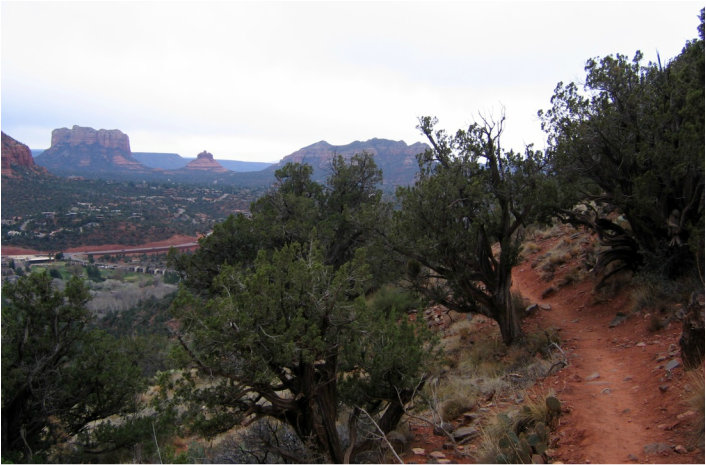
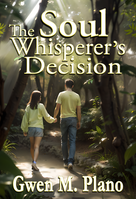
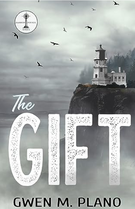
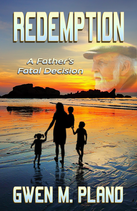
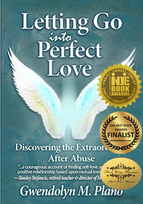
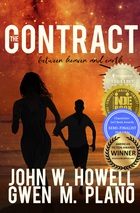
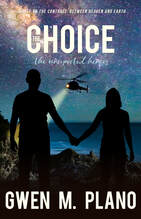
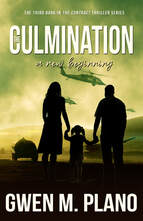
 RSS Feed
RSS Feed